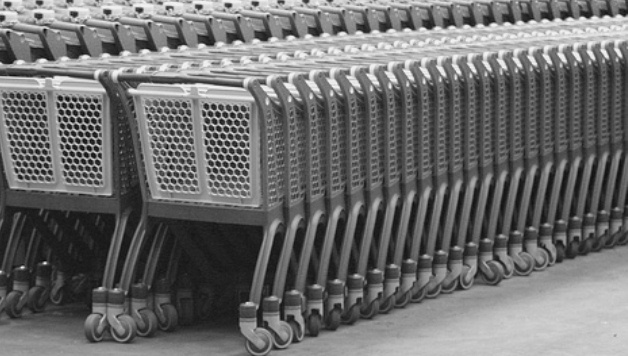Foreign companies that engage in cartel conduct in Australia may be out of sight, but they are certainly not out of mind (or out of reach) when it comes to the ACCC enforcing the provisions of the Australian competition laws.
On 26 November 2012, the Federal Court confirmed the ACCC’s service of proceedings outside of Australia against two of the alleged participants in the power cables cartel, Prysmian and Nexans (respondents).
The court previously granted leave to the ACCC to serve its application on Prysmian (in Italy) and on Nexans (in France). However, both Prysmian and Nexans challenged the validity of the ACCC’s service.
One of the criteria for the court to grant such leave is that there is a prima facie case for all or some of the grounds of relief sought. This involved the Court conducting a detailed review of whether there was a prima facie case for the cartel conduct as alleged by the ACCC.
Australian competition laws extend conduct engaged in outside Australia by bodies corporate incorporated or carrying on business within Australia. A threshold question for establishing the cartel conduct was whether Nexans ‘carried on business within Australia’. This was not an issue for Prysmian, which was registered as a foreign corporation in Australia.
The court found that Nexans carried on business within Australia through Nexans’ own provision of services, and also through its subsidiaries in Australia. In doing so, the court relied on a range of evidence including annual reports which referred to interactions between the group companies and operations within Australia, media releases that referred to cabling projects conducted in Australia and interviews with Australian based Nexans customers.
The court then considered the various limbs of the alleged cartel conduct (such as whether Prysmian and Nexans had arrived at an arrangement or understanding with themselves and others and whether they had engaged in price fixing and market sharing in respect of the line cable and submarine cable markets in Australia). The court found that the ACCC had established a prima facie case given the evidence presented, which included email correspondence between the respondents, statements from alleged cartel participants, various meeting notes and other contemporaneous documentation.
Importantly for the ACCC, this judgment means that it can continue with its enforcement action against the respondents.
Photo credit: steakpinball / Foter.com / CC BY







